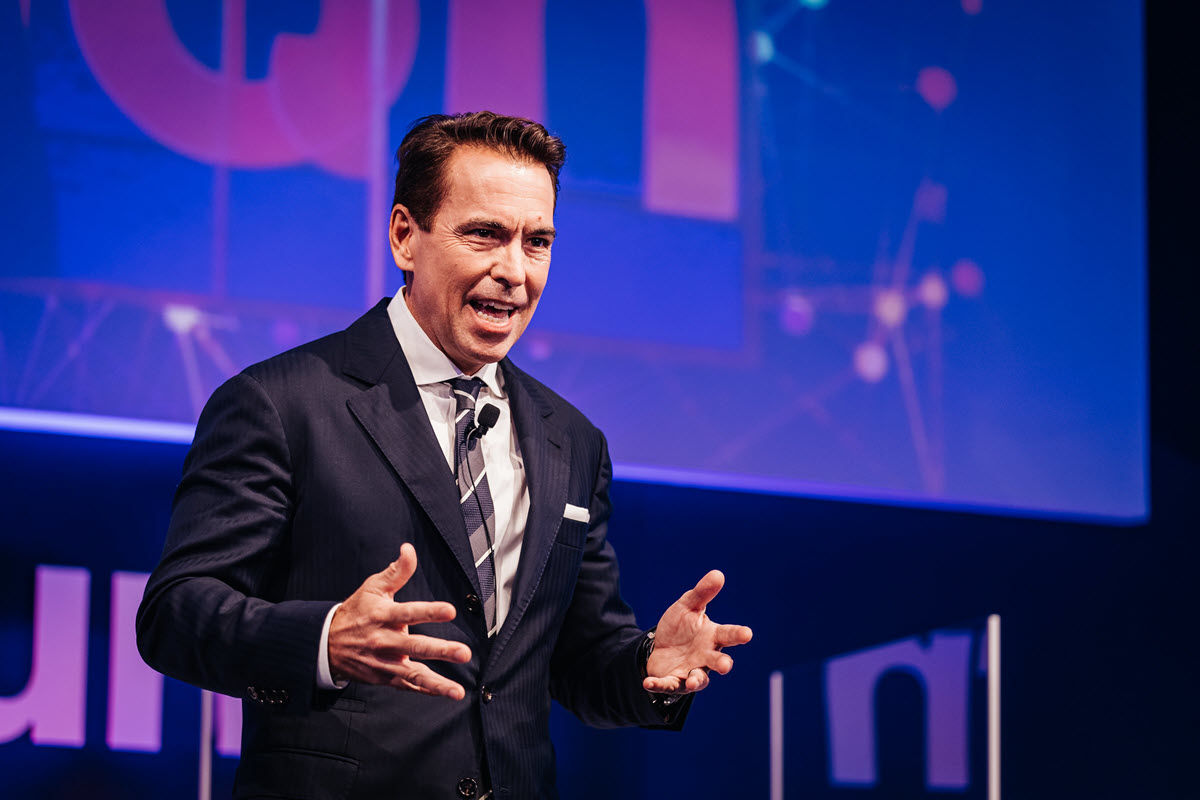Germany
PE returns to the European events circuit with swagger
November 16, 2021
The Carlyle Group's David Rubenstein and Robert Smith of Vista Equity Partners were among the heavyweights flying to Berlin for SuperReturn International last week as the private equity industry reflects on its strongest year yet.
The gathering is one of the biggest to be held in person in Europe since the COVID-19 outbreak began. The four-day event's agenda covered many of the industry talking points, but equally important were the networking opportunities. Numerous side-rooms and peripheral events provided space for the dealmaking, gossiping and general back-slapping happening away from the more scripted panels and keynotes. Here are some of the main talking points.
A sector unscathed
The past 18 months have left many industries humbled. Not so with private equity. The asset class has performed exceptionally despite the macroeconomic headwinds. Indeed, PitchBook's most recent European PE Breakdown revealed that the first nine months of this year has some of the best for dealmaking yet, with €548.7 billion transacted across 5,492 deals. As such, many of the discussions focused less on concerns around raising capital and more on deploying the mountain of dry powder.Tech is everything; everything is tech
Gone are the days when tech and software was merely an investment sector. Today it permeates everything. SuperReturn, where technology formed the basis for numerous discussions, was no exception. Increasingly, PE investors are sounding like Silicon Valley investors. "Software is not an industry," Orlando Bravo, founder of tech-focused firm Thoma Bravo, said during a keynote. "You cannot put software alongside all these other industries. Software is the business of every industry."The pandemic, he added, had forced people to think differently about how they use technology—and old ways of working are unlikely to return. Instead, technology is likely to become more ubiquitous. "We're only using a very small piece of the tools that the Web 2.0 digital revolution has made available to us."
ESG remains difficult to pin down
At the same time as the Berlin event was happening, so was COP26 climate change conference in Dublin. It's unsurprising, then, that ESG would be on the agenda. However, talking about the value in ESG and impacting investing seems far easier than pinning it down, with the standardization of responsible investing being an ongoing conundrum for the asset class."ESG, to me, is not a topic or a set of metrics that need to be satisfied. It's more of a mindset," said Carlyle CEO Kewsong Lee. "I do not believe in productizing ESG. [The ESG mindset] is about an investor wanting to improve the company and building the company and making the company better."
Nevertheless, Carlyle—and a number of other large PE firms—is attempting to create an industry-wide set of standards for ESG reporting in private equity.
Secondaries are surging
At the start of the year, it had been anticipated that GP-led secondaries would become a more prominent feature of the market with the rise of continuations funds. As expected, the momentum has gathered in 2021. "[We] have been frankly drinking out of a firehouse trying to figure out what the best approach is," said Scott Humber, a partner with Ares Secondaries Solutions Group, when asked if the market was ready to absorb the amount of deals in the GP-led secondaries space. According to data from US investment bank Jefferies, GP-led deals accounted for 60% of the overall $48 billion in secondaries transaction volume in the first half of this year, versus 30% two years ago. Overall, secondary volume is expected to reach almost $100 billion, beating last year's total by $40 billion.
Comments:
Thanks for commenting
Our team will review your remarks prior to publishing.
Please check back soon to see them live.